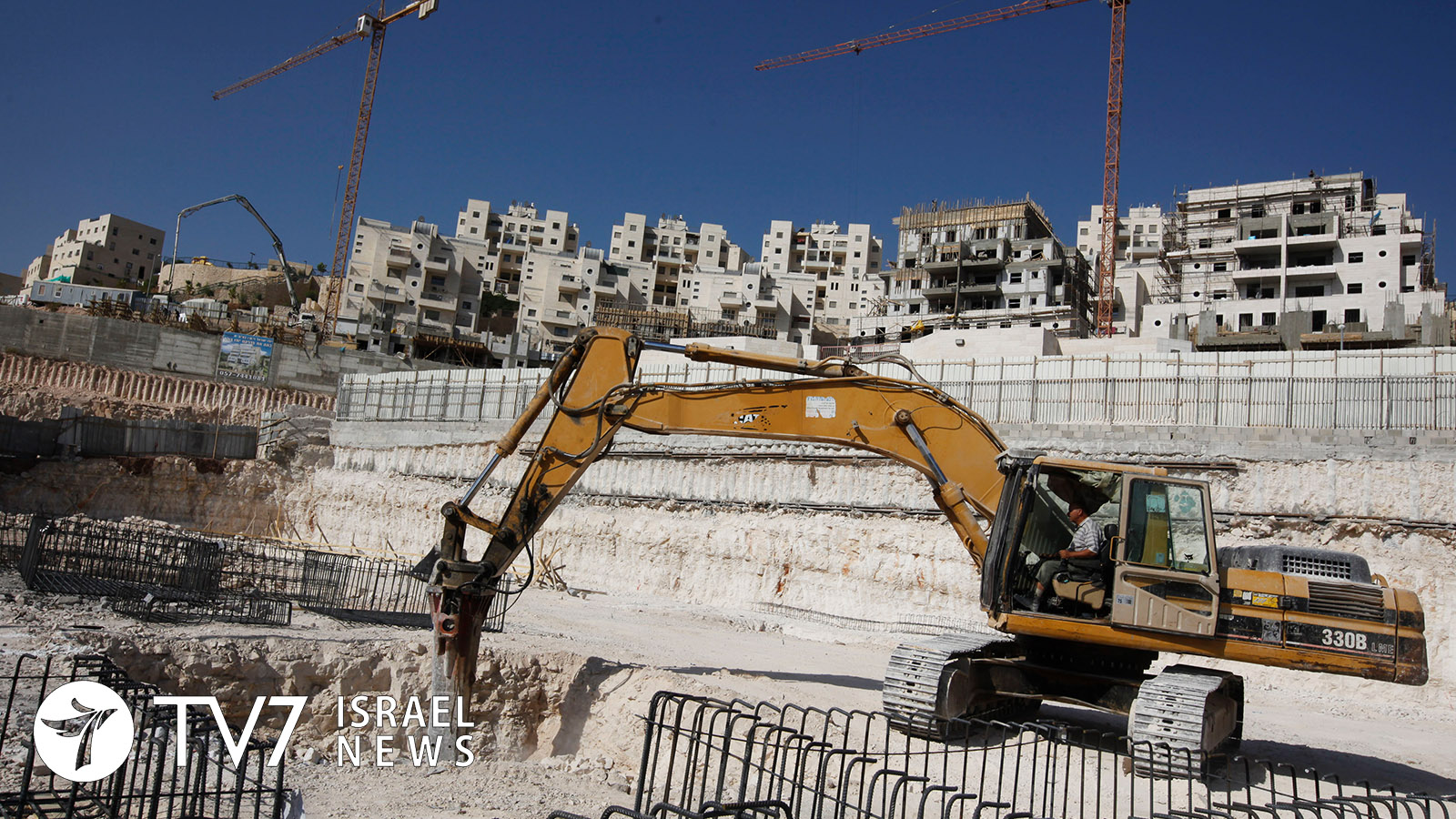Israel has announced its plan to build an additional 6,000 new housing units across Judea and Samaria, two out of the three districts that make-up the West Bank.
The announcement came just after the Israeli Security Cabinet also approved permits for 700 new housing units earmarked for the Palestinian sector.
That said, the move to approve the new ‘Palestinian’ housing units, which was lobbied for by Prime Minister Benjamin Netanyahu under reported pressure from the Trump Administration, infuriated Israeli settler leaders, who warned of potential consequences.
In an effort to secure their support ahead of Israel’s upcoming national parliamentary elections, Netanyahu sought to reassure the settler population of his adamant support for the eternal preservation of the Jewish communities across – what is viewed as – internationally disputed lands.
As such, the Prime Minister vowed during an inauguration ceremony of a new promenade in the West Bank settlement of Efrat – that is located just several kilometers south of Bethlehem – that under his watch “no settlement or settler will be uprooted.” The Prime Minister declared: “You can see the past, present and future. And I gave you a commitment, which you prove here practically, no settlement and no settler will be uprooted, it won’t happen, this thing is over. What you are doing here is eternal.”
Palestinian leaders responded to Jerusalem’s decision to build 6,000 new housing units for Israeli residents across the West Bank, decrying it as a projection of Israel’s so-called “colonial mentality.” According to Hanan Ashrawi, a Palestine Liberation Organization Official: “This is one way in which this Israeli government is trying to legitimize its illegal war crime of building settlement units in area C and they are using a very flimsy excuse or pretext that they will enable the Palestinians to build 600 or 700 units on their own land in area C in exchange for the Israelis building 6,000 settler units in land which doesn’t belong to Israel, this land is Palestinian land.”
It is important to note that Ashrawi’s voiced claim, which is aligned with the common Palestinian narrative, which lack historical roots as as the referred to territories were never under Palestinian control. The lands she refers to, commonly known as the West Bank, were under the control of the Ottoman empire from the last days of 1516 until 1917, when the British Empire Conquered the territory. Following the departure of British forces, which led to the establishment of the Jewish State and the Arab-Israeli war of 1948, the Hashemite Kingdom of Jordan seized control of the West Bank, including east Jerusalem. The Jordanian control of the territory ended, however, in 1967 – when Israel overwhelmed all of its Arab neighbors and seized controlled of many territories that included the Golan Heights from Syria in the north, the Sinai Peninsula from Egypt to the West and the West Bank and East Jerusalem from Jordan to the East. Since then, the Jewish State returned some of the territories it controlled in exchange for peace, while annexing strategic areas that were either part of its ancient Biblical history or perceived as vital for its national security interests.
That said, despite a strong biblical connection to the West Bank, the Israeli leadership refrained from annexing the territories over the years, mostly out of concerns over the devastating impact a demographic shift would have over the Jewish character of the state of Israel. That is why, Jerusalem categorized the West Bank into three districts, where it maintains security and administrative control over Area C of the territory, as well as security control over Area B, while it permits the Palestinian leadership to maintain administrative control over Area B, and full Administrative and Security control over Area A, where the city of Ramallah is situated.
